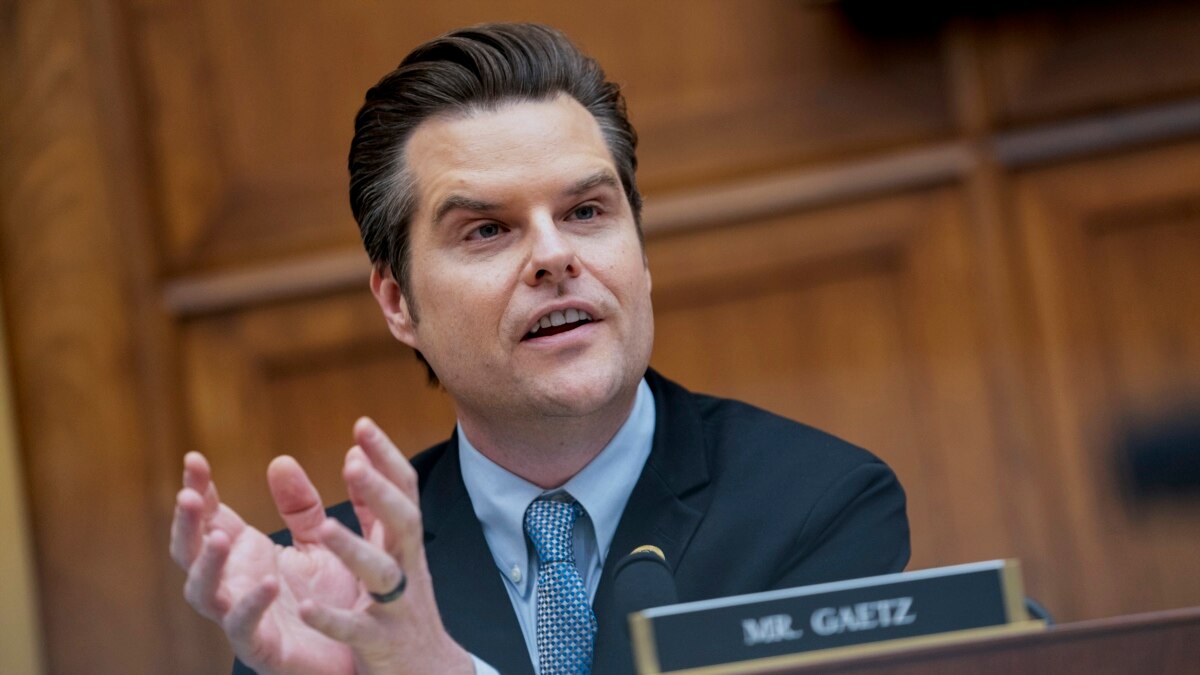The government has expressed concerns over a section of Ugandans who habitually spread negative stories that have significantly impacted the country, especially its tourism sector.
These negative narratives have hindered Uganda’s potential to become a top tourist destination. The government emphasizes the need for a change in narrative to attract more tourists and promote Uganda’s tourism industry.
Ambassador Margaret Otteskov, Head of Mission, led a delegation from the Embassy of Uganda in Copenhagen, along with major tour and travel agencies and media houses from Denmark, on a tourism familiarization trip in Uganda. This trip aims to raise awareness of Uganda as a preferred destination for Danish tourists.
The participating agencies included Bravo Tours, which has a wide tour and travel outreach across 60 countries, and Afrikas Horizontas, which focuses on promoting Africa to Nordic travelers. The media houses present included Politiken, a travel news publisher with approximately 50 million monthly page views and 870,000 users, as well as Aller News and Nordjyske with over 15,000 readerships.
The delegation visited various attractions such as Lake Mburo National Park, Bwindi Impenetrable Forest for Gorilla Trekking, Ishasha sector, the Kazinga Channel of Queen Elizabeth National Park, and Kibale National Park for primate viewing and interactions with chimpanzees.
Ambassador Margaret highlighted that Uganda is not as well-known to Nordic leisure travelers compared to its neighboring countries like Kenya and Tanzania.
She stressed the need to expand Uganda’s market by addressing limited marketing efforts and countering negative stories that have circulated inaccurately.
“Uganda has always been associated with negative things, and we want to change that perception because there are many wonderful destinations in Uganda. We need to sell ourselves openly. That’s why we brought a large group of tour operators and journalists to experience Uganda firsthand and share their stories, “she stated.
The Ambassador emphasised the positive impact of tourism on Uganda’s economy, including job creation, improved transportation, and the hospitality industry’s growth.
She also pointed out that inadequate synergies between tourism stakeholders in Uganda and the Nordic region were limiting Uganda’s potential. She suggested that Uganda should promote its unique attractions, such as mountain gorillas, the source of the Nile, diverse food, ecology, and culture, to differentiate itself from neighboring countries that predominantly market game safaris.
The Ambassador’s objective was to enhance awareness of Uganda as a distinctive and pristine tourist destination. The trip aimed to instill confidence among Nordic travelers about Uganda’s safety and the rewards of visiting. It also aimed to build industry networks, connections, and synergies among participating stakeholders, including airlines, hoteliers, media, tour agents, social influencers, and government entities.
Bjarne Jensen from Bravo Tours, with over 40 years of experience in the African travel and tourism industry, expressed the belief that Uganda should not compare itself to its neighbors.
He emphasized Uganda’s unique features and stated that it could stand alone as a desirable destination.
“We want to emphasize the other beautiful aspects of Uganda alongside the gorillas. It should be a package. Uganda’s hospitality, generosity, and unique qualities are outstanding,” he said.
Bradford Ochieng, Deputy Chief Executive Officer of the Uganda Tourism Board, urged Ugandans to refrain from spreading negative sentiments that damage the country’s reputation.
He emphasised that marketing the country was a collective responsibility, from the President to the local population. Ochieng highlighted Uganda’s livability and encouraged promoting its positive aspects rather than focusing on negative stories that can escalate and misrepresent the country.
Uganda boasts over 30 freshwater lakes, with Lake Victoria being the largest in Africa and the second largest freshwater lake globally. It is shared with neighboring countries Kenya and Tanzania and is also the source of the Nile, the world’s longest river.
According to the World Tourism Organization (UNWTO), Uganda received approximately 1,542,620 non-resident tourists in 2019, primarily for holidays, leisure, and recreation. These tourists spent an estimated 1.4 million US dollars within the country, excluding their expenses on airline tickets, visas, and transit costs.
The Covid-19 pandemic significantly impacted tourist arrivals in Uganda, causing a substantial decline, similar to other destinations worldwide. However, in 2022, there has been a promising recovery and the potential for further growth with appropriate promotion.
Over the years, the Embassy in Copenhagen has been actively promoting Uganda as a unique and pristine destination for Nordic travelers. The embassy’s experience has revealed several key insights:









